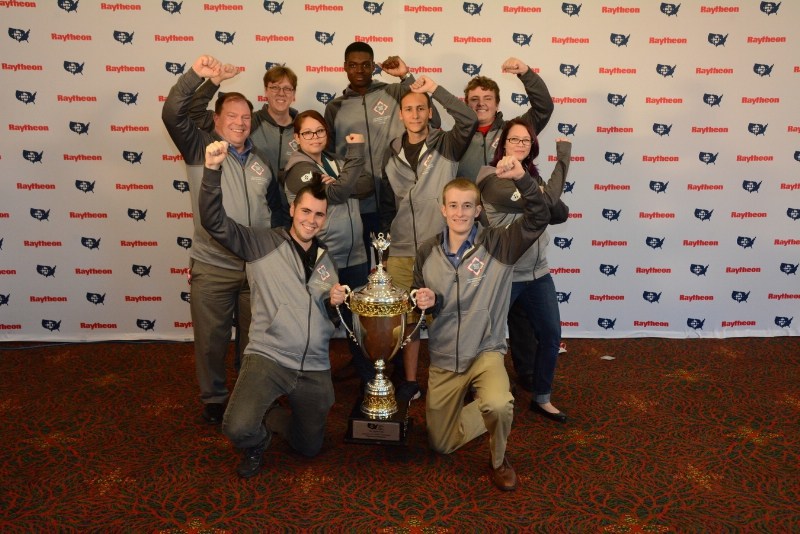
It was a three-peat for the University of Central Florida, as the school was once again crowned champion of the National Collegiate Cyber Defense Competition.
More than 180 institutions from across the U.S. participated in the competition, with the top 10 battling again in the finals, held April 22-24 in San Antonio. There, each school was responsible for trying to protect a simulated network against an onslaught of consistent and increasingly challenging cyber attacks.
Finishing just behind UCF was Brigham Young University, while DePaul University rounded out the top three. Also competing at the finals were teams from the University of Alaska Anchorage, Liberty University, Dakota State University, Northeastern University, Columbia Basin College, the University of Tulsa and California State Polytechnic University, Pomona.
As this year’s champions, Central Florida received the NCCDC Alamo Cup, and the team will also be taking a Washington, D.C., trip later this year, where they will meet with top research and national security cyber experts and make site tours. A scheduled stop at the White House is also on the itinerary.
The National Collegiate Cyber Defense Competition uses real-world scenarios to test students and determine how well they can combat cyber threats, according to the competition website. Teams compete using systems and software commonly found in the commercial sector. Each team begins the competition with identical hardware and software and is scored on their ability to detect and respond to outside threats while maintaining system functionality, responding to pseudo-business requests and balancing security against business needs. An automatic scoring engine is used to periodically measure each team’s system functionality, while a volunteer group of unaffiliated professionals provides the “threats,” and gives the contestants real combatants to counter.
The competition was sponsored by Raytheon. More information about Raytheon and this year’s National Collegiate Cyber Defense Competition can be found here.
[ photo courtesy of Raytheon Company ]